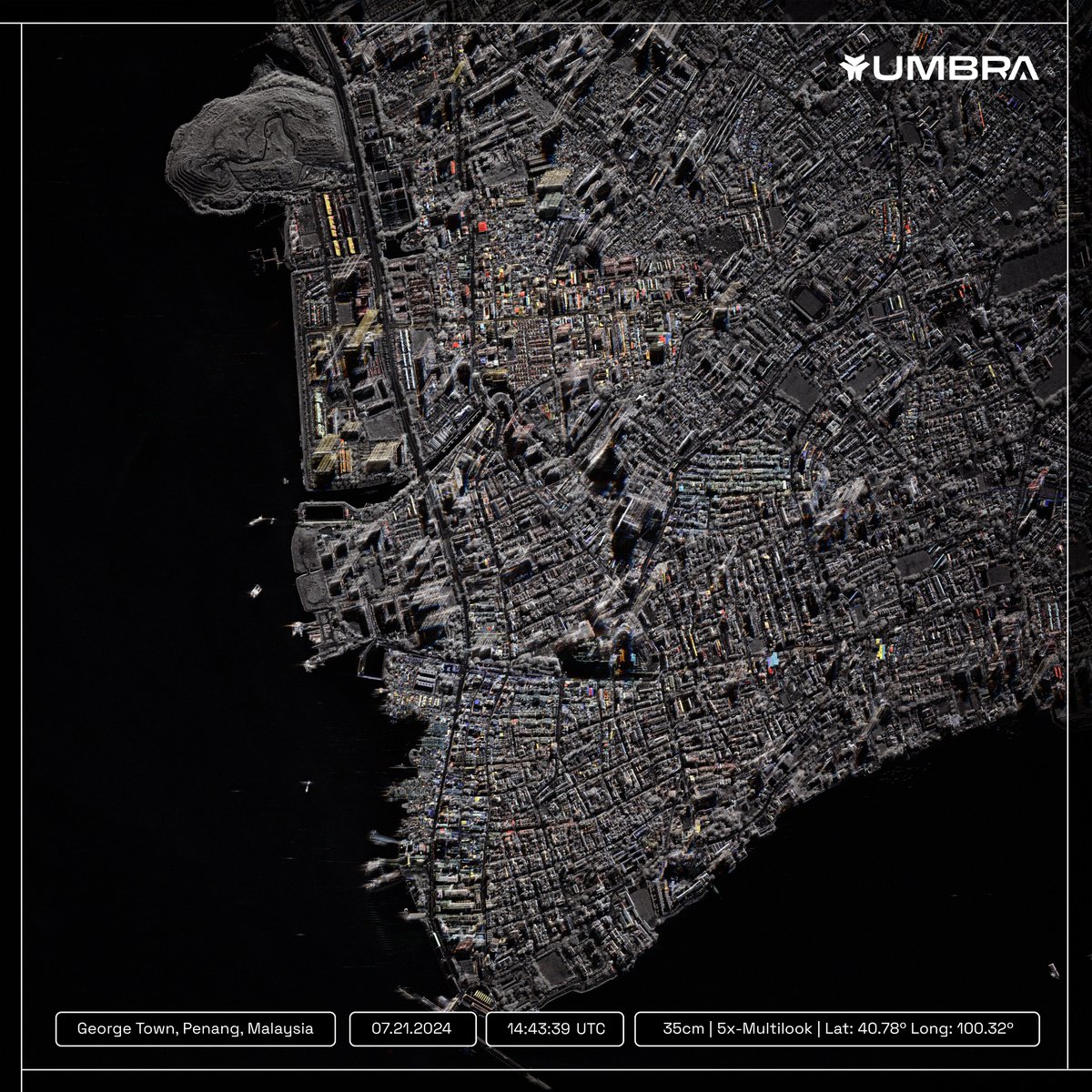WASHINGTON — The U.S. Space Force’s Space Development Agency (SDA) awarded a $2 million contract to radar imaging satellite operator Umbra as part of a study to assess how the company’s satellites could integrate into the military’s next-generation satellite network.
Under the Small Business Innovation Research contract, SDA will evaluate the compatibility of Umbra’s radar satellites with the Proliferated Warfighter Space Architecture (PWSA), a low Earth orbit (LEO) constellation being deployed by the agency to enhance battlefield intelligence and threat detection.
Umbra, based in Santa Barbara, California, operates a constellation of high-resolution synthetic aperture radar (SAR) satellites.
SAR technology allows satellites to capture precise images of the Earth’s surface, regardless of weather conditions or time of day, making it a key asset for military surveillance and intelligence-gathering.
SAR data is particularly valuable in detecting small objects like vehicles or infrastructure, even in cloudy or nighttime conditions, enabling the military to monitor movements and assess battlefield conditions in real time.
Commercial sats for increased surveillanceThe PWSA, a mesh network of interconnected satellites, is part of the U.S. Space Force’s broader effort to improve space-based capabilities that support military operations. While the network is primarily made up of government-owned satellites, the SDA is exploring the potential of incorporating commercial satellites, like those operated by Umbra, to enhance its surveillance capabilities. Any commercial satellites added to the network would need to have optical links compatible with the PWSA to ensure seamless data transfer to military users.
If the study proves successful, Umbra’s satellites could transmit data directly to military ground stations, where it would be processed and analyzed alongside other sources of intelligence.
This latest contract mirrors a similar agreement the SDA signed in 2021 with Capella Space, another commercial SAR satellite operator.
The integration of commercial data into the PWSA could mark a shift in how the U.S. military utilizes private sector space assets, potentially creating opportunities for commercial remote sensing companies in the defense market.
